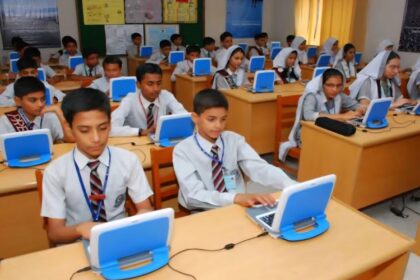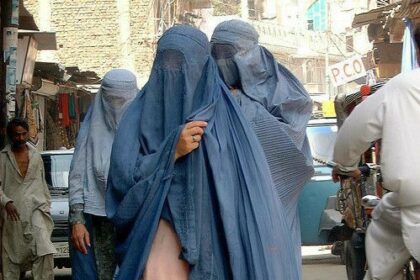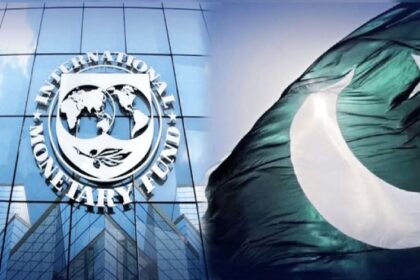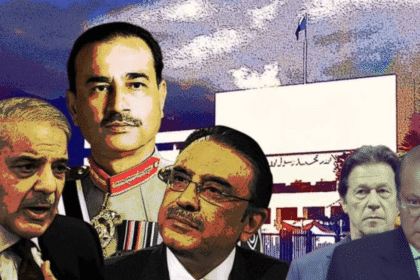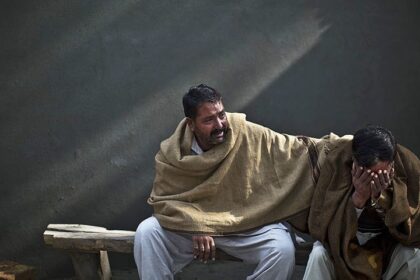Prime Minister Shehbaz Sharif delivered a powerful speech at the 79th session of the United Nations General Assembly, in which he criticized New Delhi’s actions in Occupied Jammu and Kashmir, saying that the country was pushing to impose a “false identity” on the region.
He didn’t pull any punches, as he spoke about India violating international law and subjecting the people of Jammu and Kashmir to systematic suppression. He said that India’s actions were part of a broader strategy to erase the Kashmiri identity and replace it with a forced narrative, one that aligns more with New Delhi’s goals than with the Kashmiri people’s reality.
Shehbaz Sharif informed the world leaders that India’s moves were aimed at imposing what its leaders ominously refer to as a “final solution” for Kashmir, adding that the situation in the region had worsened since August 5, 2019. The so-called solution involved a wide range of oppressive measures, including the deployment of 900,000 Indian troops, imposition of prolonged curfews, extrajudicial killings, and the abduction of thousands of Kashmiri youth, he said.
The prime minister described the situation in Kashmir as grim, saying that India was not only violating human rights but also making concerted efforts to rewrite the region’s history. New Delhi, he said, was trying to create a “false identity” for Jammu and Kashmir, one that presented the region as a fully integrated part of India. He explained that the narrative was being used to hide the Indian government’s violent campaign to terrorize Kashmiris into submission.
Shehbaz Sharif’s hard-hitting statements come amid high tensions between Pakistan and India, and the international community apparently growing increasingly desensitized to the Kashmir issue. He used a strong language to draw parallels between Kashmir and Palestine, mainly to reignite global attention. Expressing deep concern over the situation in Palestine, he said the violence there also was actually “a systematic slaughter of innocent people”.
He described both Kashmir and Palestine as victims of oppression and systematic denial of their fundamental rights. Throughout his speech, he implied that global inaction on human rights abuses always emboldened oppressive regimes. He said instead of just issuing condemnations, the world community should take immediate action to address the conflicts, be it the Kashmir, Palestine or any other issue.
He warned India against any further military aggression in Kashmir, saying that Pakistan was fully prepared to respond decisively if provoked. He informed world leaders that India had been expanding its military capabilities with a clear focus on Pakistan, a move he said threatens regional stability. He urged the United Nations and the global community to intervene before the situation goes out of control. There will be “grave and unimaginable” consequences if the conflict escalates, he said.
‘Polluter pays’
Shehbaz Sharif used the platform to highlight various other issues, especially global inequity and the disproportionate impacts of climate change on developing countries. He informed the Assembly that Pakistan contributed less than one percent to global carbon emissions, but had suffered greatly from climate-related disasters. He said the devastating floods that hit Pakistan two years ago had caused more than $30 billion in damages. “We must uphold the axiom: the polluter pays.”
He said that countries like Pakistan were paying the heaviest price. Criticizing the current global trade and technology regimes for spreading inequality, the prime minister called for urgent reforms in this regard. He said that nearly 100 developing countries had been trapped in a “death trap” of debt and liquidity crises by the international financial system. He said the regimes had to be reformed and aligned to promote development and global equity. He said the divide between the global North and South would only deepen if reforms were not introduced, which would exacerbate poverty and instability across the world.







